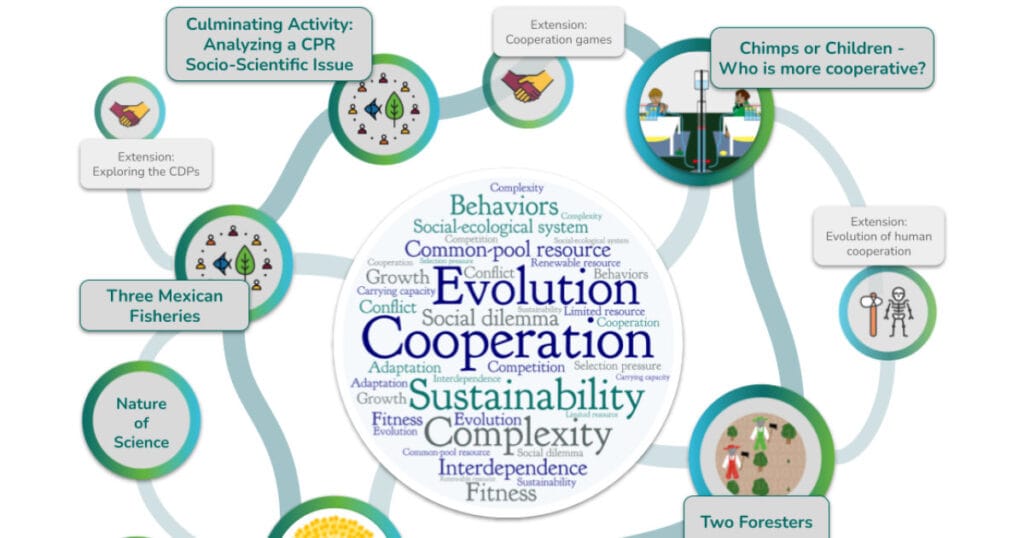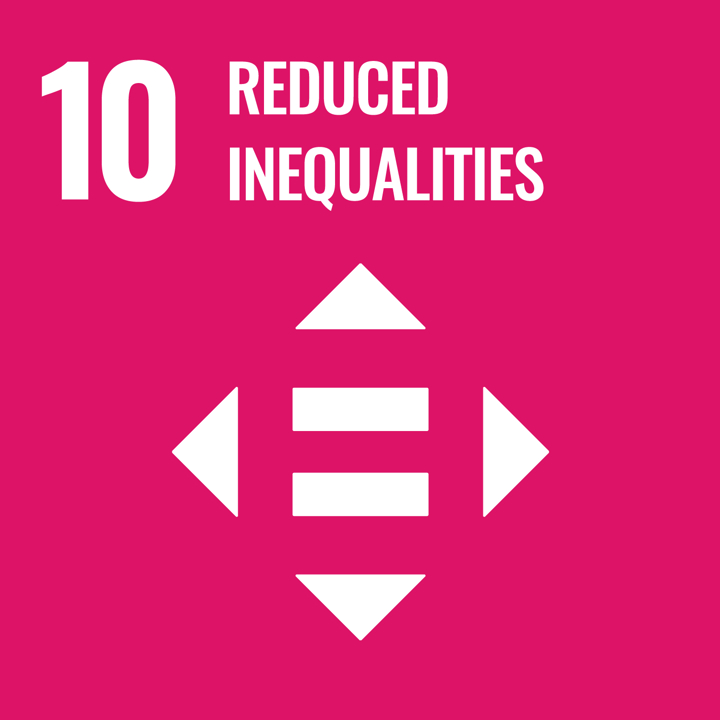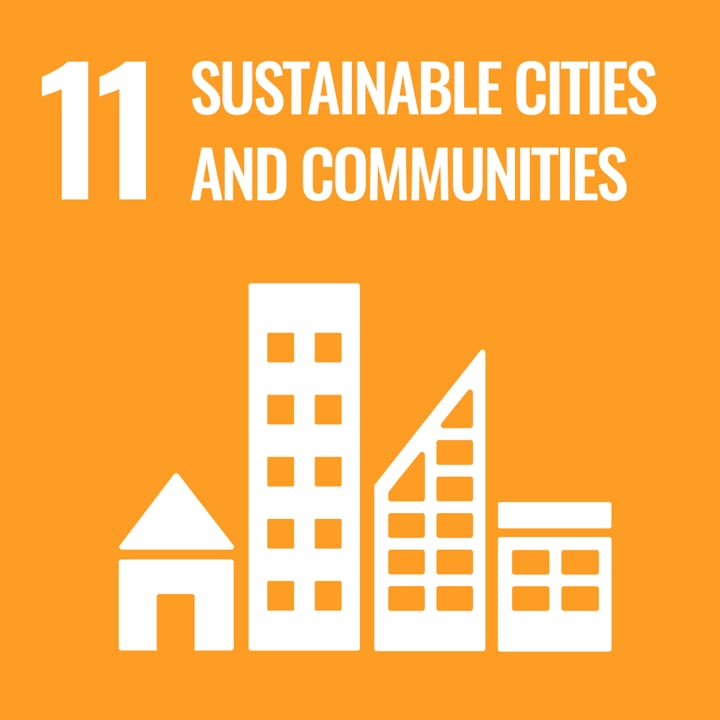
Zamýšlený koncový uživatel: Učitel
Věková skupina: Vyšší střední škola
Školní osnovy: Science; Social & Environment Science; Business Studies
Témata a náměty: Behaviour & Lifestyle; Collective Action; Environmental Change; Economics; Futures Thinking; Food and Agriculture
Doba trvání: 5 x lessons, each 20 – 90 min; 1 x project 1.5 – 8 hrs; + 7 Further Extension resources, each 20 – 90 minutes.
Typ zdroje: Game, Audio/Video, Lesson Plans, Simulation, Online Tool, Online Course, Workshop
Klíčová slova: Development of Behaviour, Systems Thinking, Complex Systems, Sustainable Resource Use, Cooperation, Deeper Learning, Digital Model
Jazyky: angličtina, němčina
Popis
Sustainable resource management is often a matter of managing common-pool resources (CPR), i.e. social and material resources shared by groups of individuals. CPR can be prone to overuse through the competition between resource users who are motivated to maximize their resource use (or to contribute little to the maintenance of the resource) for individual gain and at the expense of group-level sustainability, an outcome known as the Tragedy of the Commons. CPR dilemmas are pervasive, not only in human contexts, but also across the non-human living world.
Exploring contexts across life in which evolution has favoured cooperative traits around shared resources can serve as fruitful lessons to help students gain a deeper understanding of the conditions and mechanisms that foster cooperation and sustainable resource use, and critically transfer these to a variety of socio-scientific issues.
Jak používat tento zdroj
This collection of lesson plans includes 5 core lessons and 1 project:
- Chimps or children – who is better at sharing resources? – A comparative behavioural research experiment exploring the abilities of chimpanzees and of children to cooperate around a shared resource.
- NetLogo: Two Foresters – An interactive introduction into concepts of ecology, behavioural ecology, and sustainability with a computer simulation of a simple social-ecological system.
- NetLogo: Evolution and competition for forest resources – This NetLogo model builds on the model of Two Foresters. In this model, agents reproduce based on the amount of resources that they harvest.
- Life in groups and conflict resolution – A reading text about the challenges of life in groups and how groups across biology have found ways to solve these challenges.
- Three Mexican fisheries – Students compare the stories of three Mexican fishing villages to understand the factors that enabled some villages to sustainably manage their fishing resources, while others failed.
- Analysing social-ecological systems – In this project, students analyse a select real-world social-ecological system by looking at factors of the resource(s) and ecosystem, resource user behaviours, and governance, to develop.
Zdroje
The resources are part of the chapter Evolving cooperation and sustainability for common pool resources (Hanisch et al. 2023), published in the e-book Learning Evolution Through Socioscientific Issues (Sá-Pinto et al. 2023).
Výsledky učení (učitelé)
- Zjistit předchozí znalosti a dále rozvíjet znalosti a porozumění klíčovým pojmům udržitelného občanství a zpochybňovat zavedené světonázory a hodnoty.
- Použít řadu vhodných nástrojů a rámců na podporu udržitelného občanství studentů.
- reflektovat praxi a zkoumat národní kurikula s cílem identifikovat příležitosti k podpoře udržitelného občanství mezioborovým způsobem a zapojit externí zainteresované strany.
- Společně syntetizovat znalosti, nástroje a rámce pro tvorbu vzdělávacích materiálů a plánů výuky přizpůsobených místnímu kontextu.
- Vypracovat a uplatňovat kritéria hodnocení pro hodnocení občanství udržitelného rozvoje u studentů.
- Prostřednictvím workshopů a komunit praxe budujte kapacitu a agenturu jako učitelé a vedoucí pracovníci v oblasti udržitelného občanství.
Zelené kompetence
- Ztělesnění udržitelných hodnot: Oceňování udržitelnosti; podpora spravedlnosti; podpora přírody
- Přijetí složitosti v oblasti udržitelnosti: Systémové myšlení; kritické myšlení; rámcování problémů
- Představy o udržitelné budoucnosti: Budoucnostní gramotnost; přizpůsobivost; objevné myšlení.
Creative Commons

OpenEvo is an educational innovation project from the Department of Comparative Cultural Psychology at the Max Planck Institute for Evolutionary Anthropology. We welcome inquiries about our resources, projects, and potential collaborations. If you find something of interest on the site, please feel free to contact our project lead, Dustin Eirdosh via e-mail.
Cíle udržitelného rozvoje





